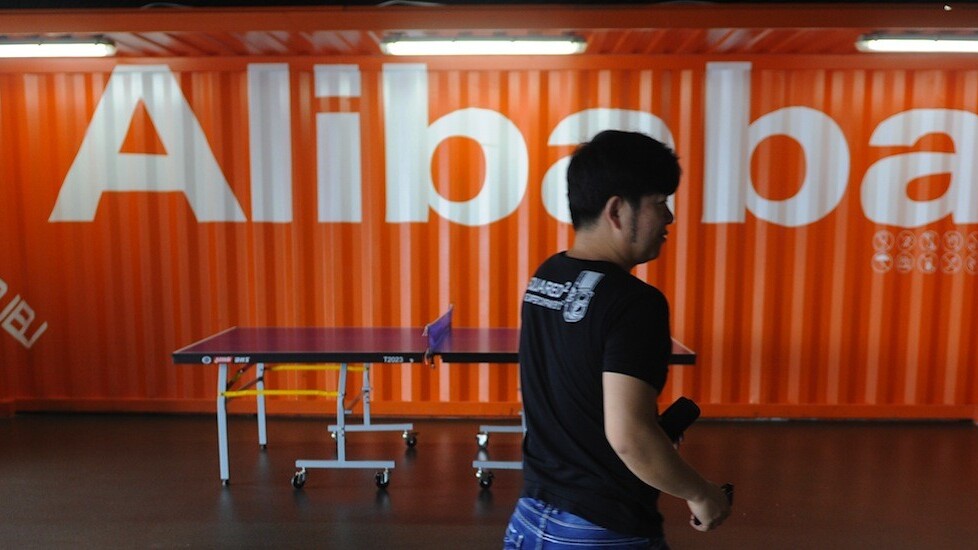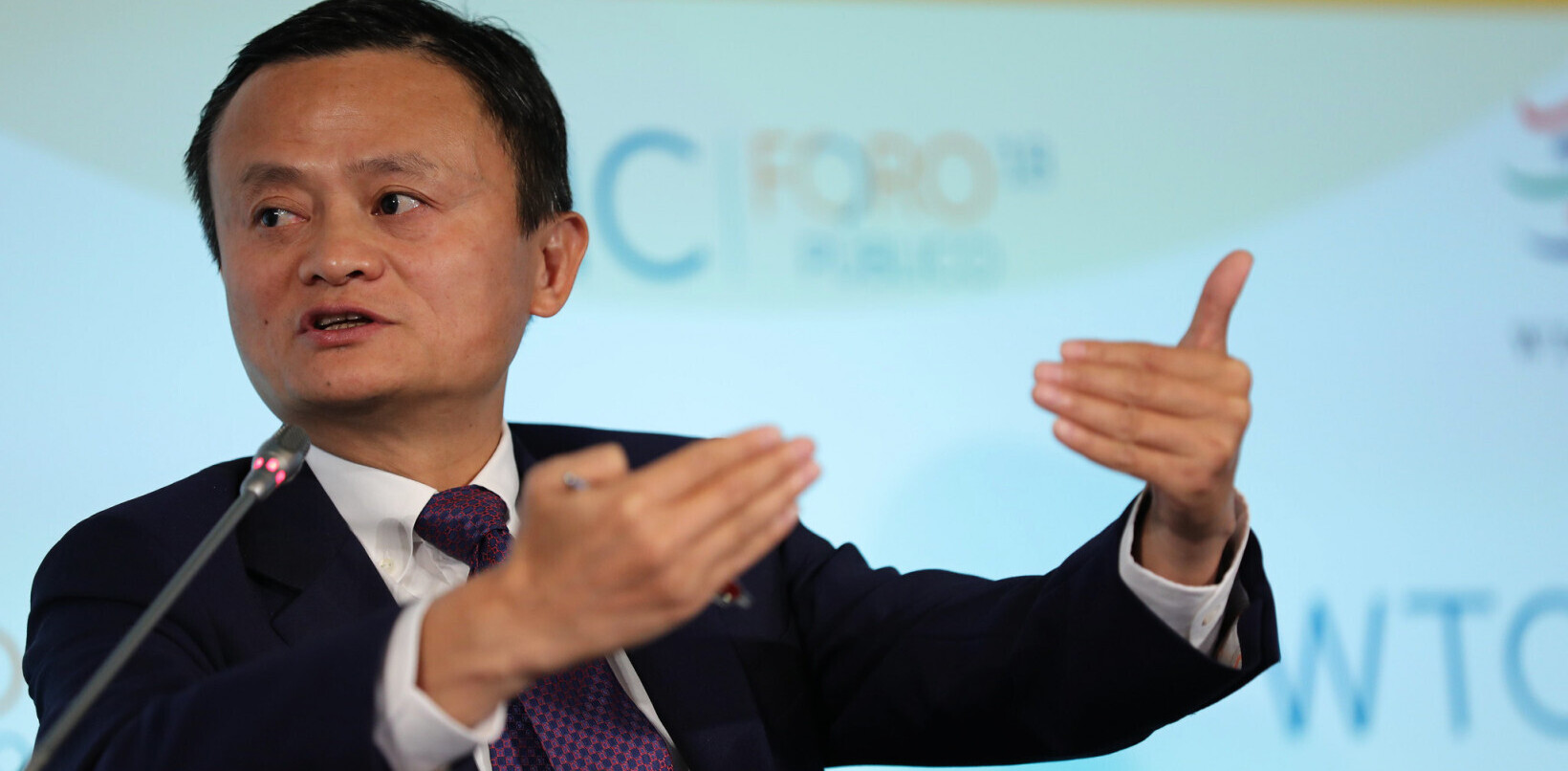
Chinese e-commerce giant Alibaba has today announced that it has developed a smart TV operating system and is working with a number of partners, including Cisco and Chinese manufacturers, to develop smart TVs, set-top boxes and services to run inside them.
The company already has a smartphone and tablet operating system called Aliyun, but it appears that its smart TV push is independent of Aliyun, a business unit that developed an mobile platform (which Google claimed was an Android fork) and was later spun off with a $200 million investment.
Update 1: An Alibaba spokesperson tells TNW that Aliyun and the smart TV are “two different products for two different types of devices…[but] it is our aim in the future to create enhanced synergy between the two for multi-device and multi-screen usability.”
‘Nucleus’ of Web TV in China
Alibaba is renowned for its e-commerce services — which gross more revenue than Amazon and eBay combined — but the company has extended its push into social media, maps and other verticals of late as it seeks to build a wider presence. The company hopes that its smart TV OS will become “the nucleus” of Internet TV viewing in China.
The first product will be a set-top box from digital media firm Wasu Media, which has 8 million registered users and is installed on over 23 million devices. Called the Wasu Rainbow, it is due in “a few months” and will connect TVs to the Internet, and provide a host of Alibaba services which are planned for the future.
Skyworth and Changhong are among the manufacturing partners that are building Alibaba-powered smart TVs.
The operating system was designed by the group’s Alicloud business unit and it will — unsurprisingly — feature e-commerce and payment services to allow users to buy items through Alibaba’s group-shopping website, Juhuasuan, using its Alipay payment system.
Further down the line, the option to buy digital goods such as music, games and apps will arrive; Alibaba also says the ability to pay for utility bills from a TV set and shop via its Taobao marketplace and Tmall online mall will be added in time.
Ambitious move
The move is an ambitious one since the smart TV market, while full of potential, has yet to take off in a major way for platform makers. The Aliyun project has not been a success, but the company is jumping into smart TVs comparatively earlier than its foray into smartphones, which could give it a better shot.
Ultimately, hardware is key, and it will be interesting to see the quality and build of the TVs and set-top boxes that Alibaba’s partners produce.
New CEO Jonathan Lu, who replaced founder Jack Ma at the helm of the company, has said Alibaba will invest in deals and projects to broaden its presence, particularly on mobile. Recent expansions have included a new search engine, a $586 million investment in microblogging platform Sina Weibo and acquiring a 28 percent stake in mapping firm Autonavi for $294 million.
Alibaba may be best known for e-commerce, but the company is aiming to build up its presence across maps, social, smartphones, tablets, TVs and more to grow its brand and dominance further still.
Headline image via PETER PARKS/AFP/Getty Images
Get the TNW newsletter
Get the most important tech news in your inbox each week.





